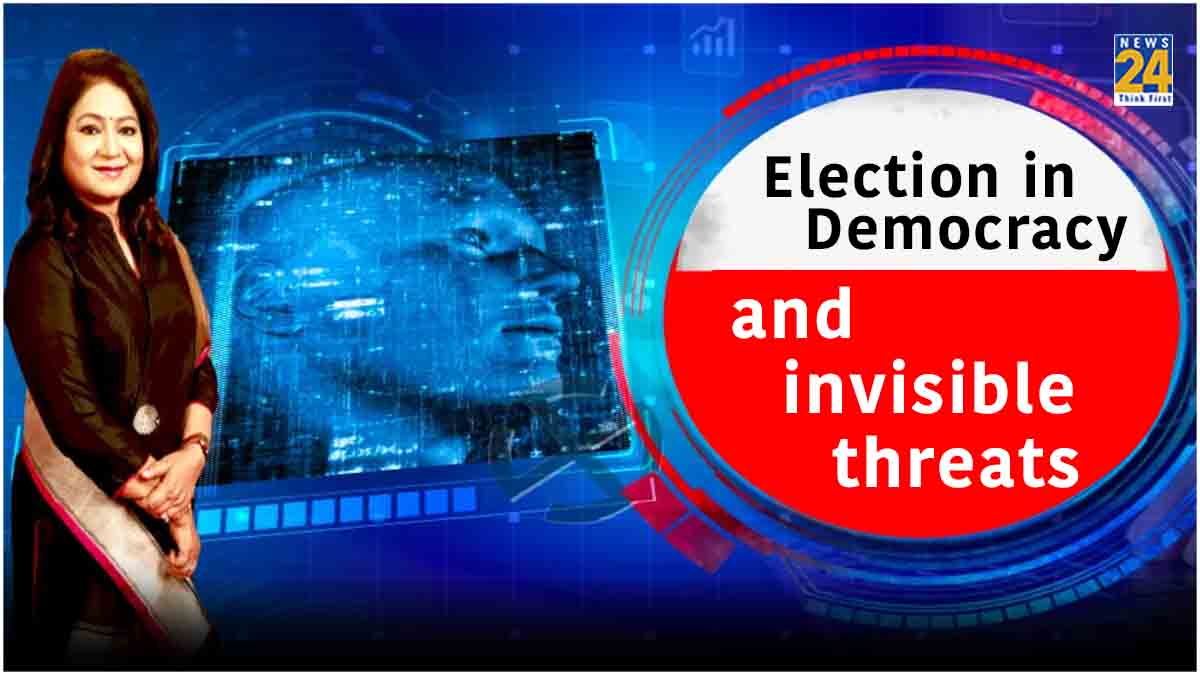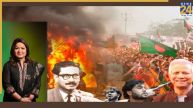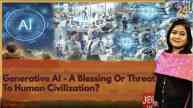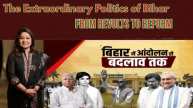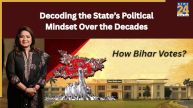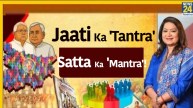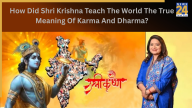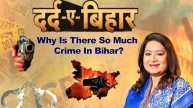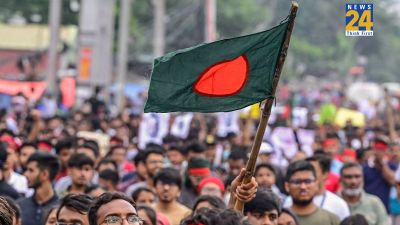Elections in India are held every five years. Three things play a crucial role in the electoral process for any candidate’s victory or defeat – discourse, propaganda, and expenditure. Discourse means narrative, propaganda means promotion, and expenditure means funds. The mode of election propaganda has changed rapidly in the last 15 years. The number of voters in the country is around 95 crores. Meanwhile, the number of smartphone users is close to 75 crores, of which 46 crores are active on some social media platforms. People are digitally connected at a rapid pace. Political parties have also experimented with technology to connect with people.
Voice replication is possible
In most parts of the world, voters are being influenced through AI and social media. At one time, a leader can reach virtually millions of people through technology. A few weeks ago, just before voting in New Hampshire, USA, the voice of American President Joe Biden reached the people, urging Democrats to stay home, meaning not to participate in the elections. People in New Hampshire were surprised that Biden was saying such a thing. However, the reality was that Biden did not say anything like that. Deepfake technology was used to create a fake voice of President Joe Biden. There are many such AI tools available today that can create any fake video. Voice replication is possible. In such a scenario, during elections, deepfake can be used to create or distort someone’s image.
Misuse of deepfake in elections
Tech companies are also understanding well how deepfake technology can be misused in elections. In such a situation, to prevent the misuse of artificial intelligence in impartial and independent elections, companies like Google, Microsoft, Amazon, Meta, OpenAI have prepared themselves. It is not yet clear how tech companies will identify false news or deepfake videos from the ocean of information. In India, the Election Commission is also planning to use AI to track social media. So that social media cannot be misused against any candidate during the elections.
Inappropriate videos viral among voters
The way anyone is easily creating a deepfake with the help of AI tools, our country’s leaders are worried. People have high expectations from their legislators, MPs, and ministers in our country’s social fabric. Even one inappropriate statement by leaders can completely change the game. In such a situation, if during the election, a controversial video of the opposition candidate is viral or a face is changed with an inappropriate statement, then what will happen? Fake and false videos go viral among people at what speed? This is not hidden from anyone. It is said that until the truth comes out of the house, half of the world is caught in lies. In such a scenario, the race to tarnish the image of the opposition party in elections through deepfake can intensify.
A significant portion of the world’s banking system is operating digitally
It’s not just about using AI technology to tarnish someone’s image. AI can also be used to motivate voters to cast more votes. Complete information about the government’s performance can also be provided. With the help of AI, trends in voters’ preferences can be understood. Many voices are being raised about the dangers of AI in the future. Israeli young historian Yuval Noah Harari… believes that AI can disrupt the world’s financial system. In the present time, a significant part of the world’s banking system is operating digitally. In such a scenario, Harari’s idea is that the generative AI capable of making its own decisions can create a financial system that will be difficult for people to understand and pose a significant risk to the financial system created by humans.
Youngsters today are the most involved in the range of Artificial Intelligence
The job of any government is to make people’s lives easier. Money plays an important role in making people’s lives easier, and any financial system operates on mutual trust. In such a scenario, protecting the financial system from any potential risks of AI is a significant challenge. The youth use content on digital platforms and social media the most. Among them, the age group of 20 to 35 years is particularly the most involved in the range of Artificial Intelligence. A study by the renowned Oxford University revealed that 54% of people in India use social media for accurate information.
Celebrated actress fell victim to deepfake
The country’s large population relies on information posted on social media. They feel socially active by liking and sharing. Complaints about deepfake videos also arose during recent assembly elections. Some renowned Bollywood heroines have also fallen victim to deepfake. This raises the question of how to avoid it. Is there a legal shield available in our country to protect against the dangers of deepfake? What are other countries doing to deal with this threat?
The need for robust governance
Artificial intelligence is predicted to bring revolutionary changes worldwide. Meanwhile, various speculations are being made about the extent to which generative AI can change and disrupt the systems created by humans, including financial systems. Clouds of danger are also being felt over the electoral process and democracy due to the misuse of AI, deepfake, and social media. In such a scenario, strict regulations are necessary to prevent the misuse of AI, deepfake, and social media in the electoral process in a democracy. There should also be robust governance structures to prevent this.

